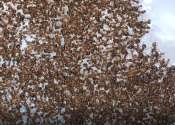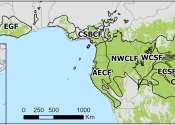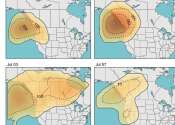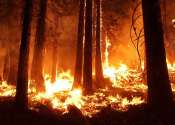What fire ants can teach us about making better self-healing materials
Fire ants form rafts to survive flooding, but how do those bonds work? And what can we learn from them? A Binghamton University, State University of New York professor is researching those questions to expand our knowledge ...









